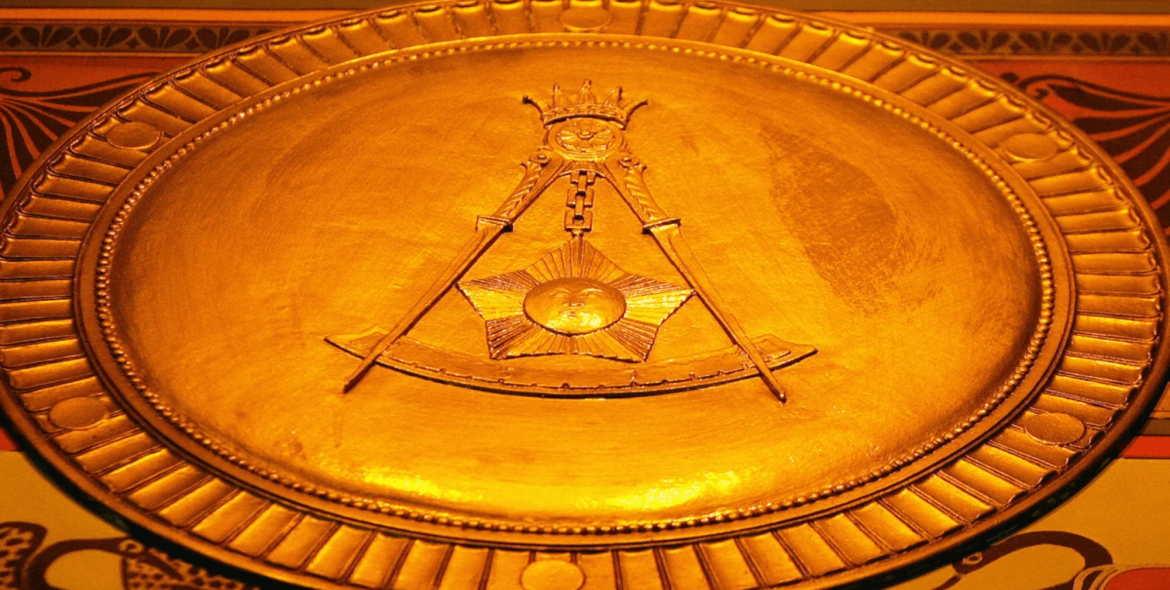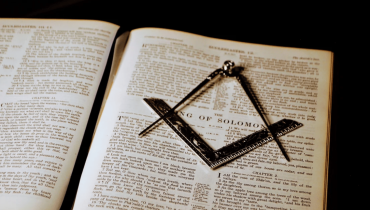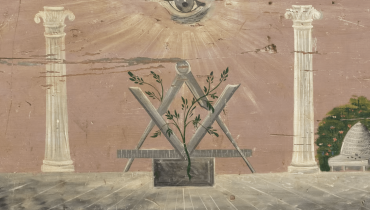
Freemasonry is the world’s oldest and most enduring fraternal organization, with a history that spans centuries and cultures. Rooted in the moral and philosophical teachings of medieval stonemasons, it has evolved into a universal brotherhood that transcends borders, religions, and political beliefs. But what exactly is Freemasonry, and why has it stood the test of time?
Freemasonry traces its origins to the stonemason guilds of the Middle Ages in Europe. These guilds built the cathedrals and castles that still stand today. Over time, the physical tools of the trade were given symbolic meanings, and the guilds began to admit men of various professions who sought moral guidance, personal growth, and fraternity.
The formal beginning of modern Freemasonry is often marked by the formation of the Grand Lodge of England in 1717. From there, it spread throughout Europe, the Americas, and eventually Africa, adapting to local cultures while maintaining its core principles.


Freemasonry is built upon three foundational principles:
Brotherly Love: A commitment to kindness, respect, and unity among all people.
Relief: A duty to help those in need through charity and community service.
Truth: A lifelong pursuit of knowledge, self-improvement, and moral integrity.
These principles are taught through allegory, symbolism, and ritual in a progressive system known as degrees. Each degree imparts specific moral lessons and ethical insights.
Freemasonry is rich with symbols such as the square and compasses, the all-seeing eye, and the pillars of wisdom. These are not secret codes but teaching tools that convey timeless truths. Masonic rituals, conducted in Lodge meetings, are solemn ceremonies that reinforce moral teachings and create a sense of unity among members.
In Africa, Freemasonry has flourished as a space for leadership development, moral instruction, and brotherhood. Lodges in Africa incorporate local traditions and often play significant roles in civic and charitable efforts. Today, organizations like the Grand Lodge of Africa provide a home for African Freemasons to unite in shared values, honor their heritage, and contribute positively to society.
No. Freemasonry is not a religion, though it encourages belief in a Supreme Being. It does not offer salvation or religious doctrine. Members are expected to maintain their personal faith and to uphold ethical behavior in all aspects of life.
At its core, Freemasonry aims to make good men better by instilling values that lead to personal transformation, stronger families, and more harmonious societies. It provides a structured path to self-discovery, ethical living, and meaningful service.